|
|
|
|
The Southern African Development Community has come in for flak for being overly cautious and sluggish in its response to a brutal Islamist terrorist insurgency in northern Mozambique. But the regional body seems to be getting its act together with a plan on the table to send 3,000 troops to aid a member state that’s under attack, and provide a “robust” response to the insurgents. Not everyone, however, thinks this is a wise move. Gilbert Khadiagala points out that the regional body has a poor track record of intervening in civil conflicts. And he warns that interventions hastily prepared by military leaders without deep contextual knowledge of
the drivers of a conflict invariably end badly.
Honey is incredibly popular in Africa. Wild honey is widely collected and is used for food, medicine and cosmetics. It is also an important source of income for many households. Up until now there hasn’t been a clear answer about when honeybee exploitation first started in Africa. Julie Dunne explains how a research project in West Africa has yielded some concrete clues. The breakthrough came after scientists analysed organic residues of prehistoric pottery excavated from Nok cultural sites in Nigeria.
Subscribe to our WhatsApp bulletin here.
If you value what we do, please donate to our campaign.
Donate
now
|
Thabo Leshilo
Politics + Society
|

|
|
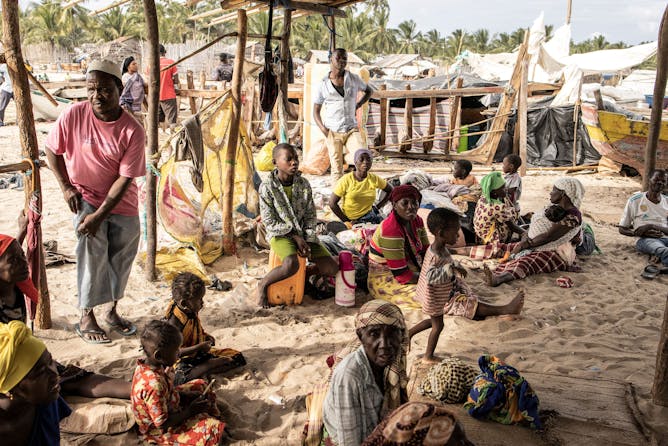
Displaced people arrive in Pemba, Mozambique, after fleeing Palma following a brutal attack by Islamist insurgents in March.
John Wessels/AFF via Getty Images
Gilbert M. Khadiagala, University of the Witwatersrand
The Southern African Development Community does not have a remarkable record of military interventions in civil conflicts in the region.
|
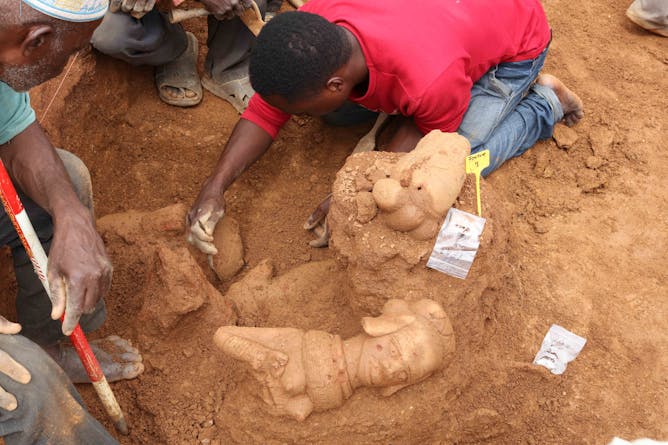
Excavating Nok terracotta figurines at the research site.
Peter Breunig
Julie Dunne, University of Bristol
The study yields the first direct chemical evidence for honeybee product exploitation in West Africa.
|
Health + Medicine
|
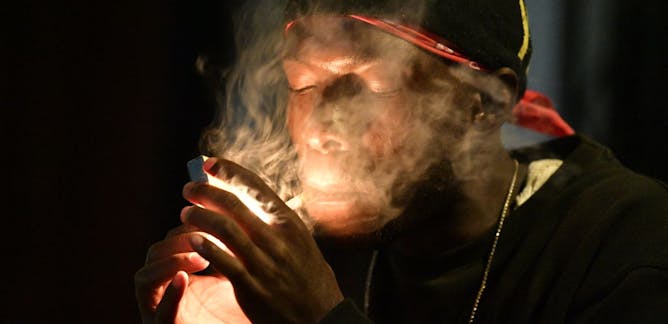
Sam Filby, University of Cape Town; Corné van Walbeek, University of Cape Town
South Africa's approach to smoking doesn't adequately support current smokers who want to quit.
| |
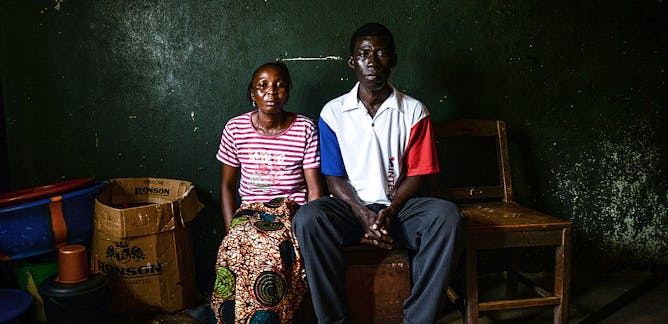
Peter B James, Southern Cross University; Abdulai Jawo Bah, University of Sierra Leone; Amie Steel, University of Technology Sydney; Jon Adams, University of Technology Sydney; Jon Wardle, Southern Cross University
Ebola survivors use multiple avenues to address their health needs, which presents a management challenge.
|
|
|
Politics + Society
|
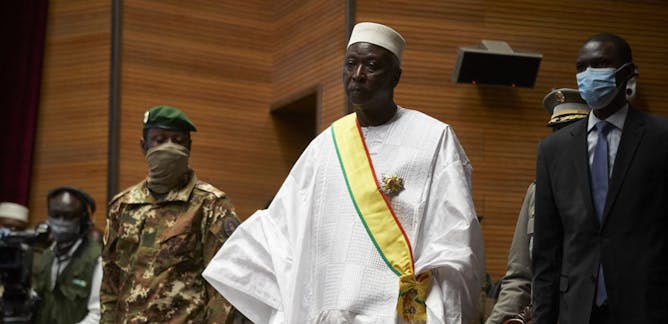
Boubacar Haidara, Université Bordeaux Montaigne
Mali’s president and prime minister have just been arrested and dismissed by the military junta which brought them to power in the first place a few months ago. How did this happen?
| |
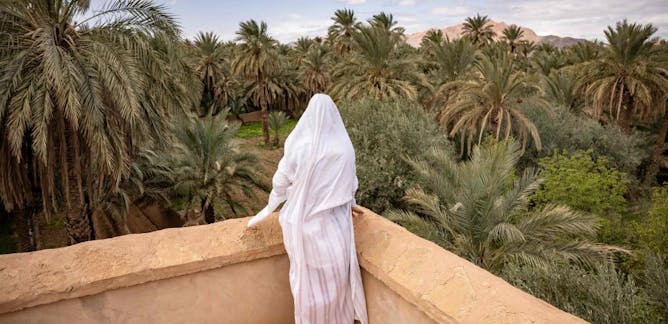
Moha Ennaji, Université Sidi Mohammed Ben Abdellah
In Morocco, the COVID-19 pandemic has burdened women with more housework and duties at home, and violence against them has risen.
|
|
|
From our international editions
|
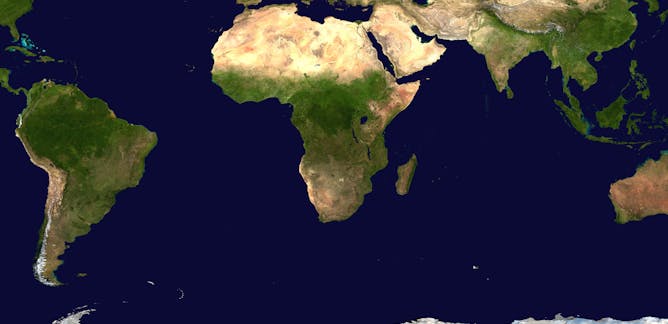
Simon Lewis, UCL; Alexander Koch, University of Hong Kong; Chris Brierley, UCL
Even this radical scenario wouldn't be as effective as it may first seem.
| |
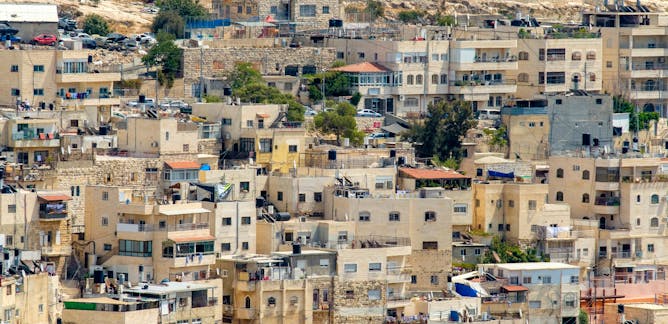
Irit Katz, University of Cambridge; Haim Yacobi, UCL
From discriminatory land-use policies to evictions and demolitions, urban planning has long been weaponised against the Palestinian people
|
|
|
En Français
|
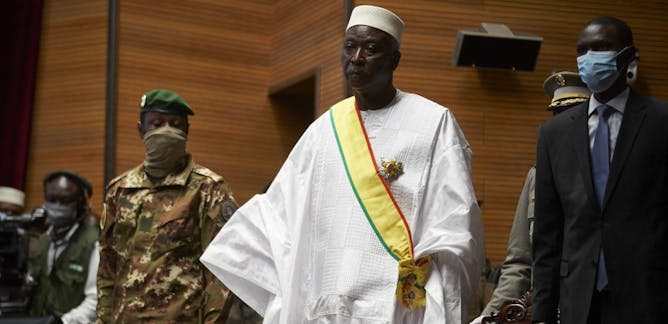
Boubacar Haidara, Université Bordeaux Montaigne
Le président et le premier ministre du Mali, désignés à ces postes après le putsch d’août 2020, viennent d’être démis de leurs fonctions par leurs anciens camarades de la junte militaire.
| |
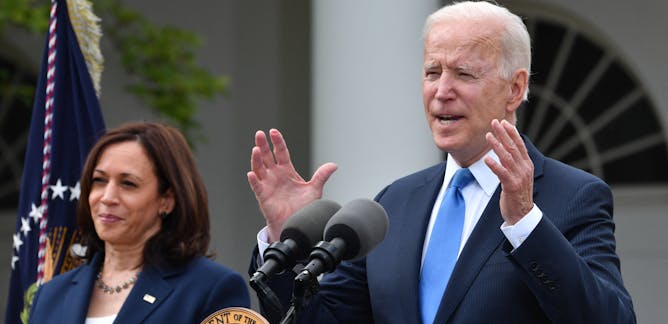
Laurent Ferrara, SKEMA Business School; Daniele Siena, Università Cattolica del Sacro Cuore - Catholic University of Milan
Importations, endettement, rebond du dollar… Le « moment keynésien » dans lequel s’engagent les États-Unis du président Joe Biden ne restera pas sans effet au-delà des frontières du pays.
|
|
|
| |
Featured events
|
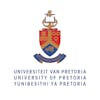
|
Lynwood Road, Hatfield, Pretoria, Gauteng, 0002, South Africa — University of Pretoria
|

|
Robert Sobukwe Road, University of the Western Cape, Bellville, Cape Town, Western Cape, 7535, South Africa — University of the Western Cape
|
|
|
|
| |
| |
| |
Would you like to republish any of these articles?
|
|
It’s free to republish, here are the guidelines.
Contact us on africa-republish@theconversation.com in case you need assistance.
|
| |
| |
| |
| |
|
|
|
|
|
|
|